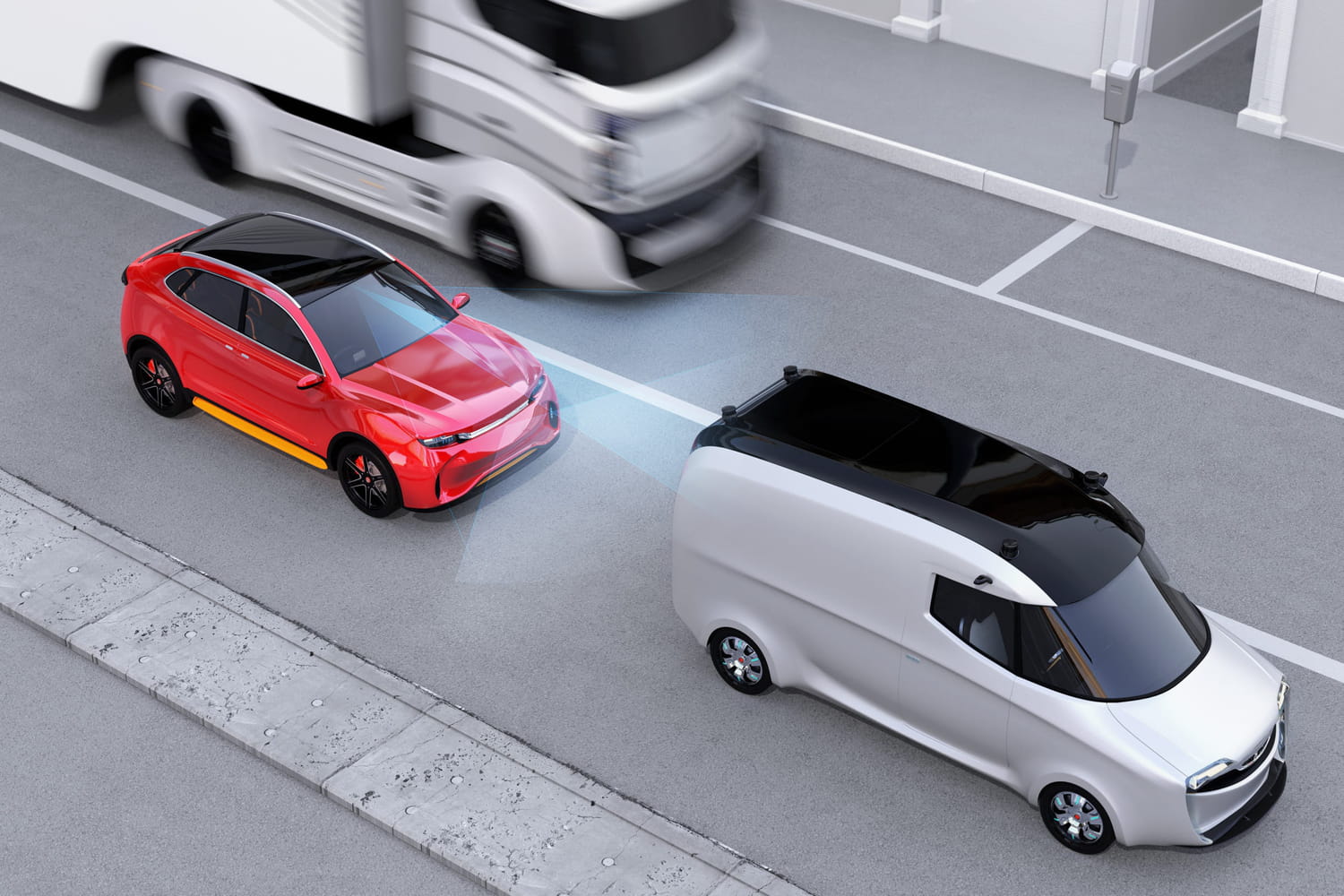From 2030, motorists who do not respect safety distances will no longer be able to escape the fine!
Respecting safety distances is an essential rule of the highway code. They help avoid collisions in the event of unexpected braking. However, many motorists neglect them. The law is clear: not leaving a sufficient distance with the vehicle in front exposes you to a fixed fine of 135 euros and a deduction of three points on your driving license. A sanction which reminds us that vigilance while driving remains essential for the safety of all.
To strengthen this control, Road Safety will deploy a new automated program by 2030. Objective: detect more and more offenses using intelligent radars. Artificial intelligence will support the systems already in place to broaden their scope of action. These new generation devices will, for example, be able to detect a driver who is holding their phone while driving or who is not wearing their seat belt, crossing bus lanes or even congestion at an intersection. Furthermore, certain radars will be able to monitor the average speed on several sections and photograph offending vehicles from the front as well as from behind.
Among the planned developments is the automatic monitoring of safety distances. The radars of tomorrow will have to distinguish cars from trucks, take into account weather conditions and use 3D lidar type sensors to measure the gaps between vehicles. Additional video analysis will be necessary to avoid errors, for example when a driver changes lanes or brakes suddenly. This control, unprecedented in France, aims to sanction frequent, but often underestimated, behavior which remains one of the major causes of accidents on the road.
The gradual implementation of these new generation radars is planned by 2030, with an increase in power in the coming years. At the same time, Road Safety will increase the number of autonomous radars, already used in construction sites and sensitive routes. In the meantime, drivers can reduce the risks by respecting a few simple principles: slow down in the event of rain, keep your distance, fasten your seat belt and ban your phone while driving. Basic gestures which remain, despite new technologies, the best insurance to protect passengers and other road users.








